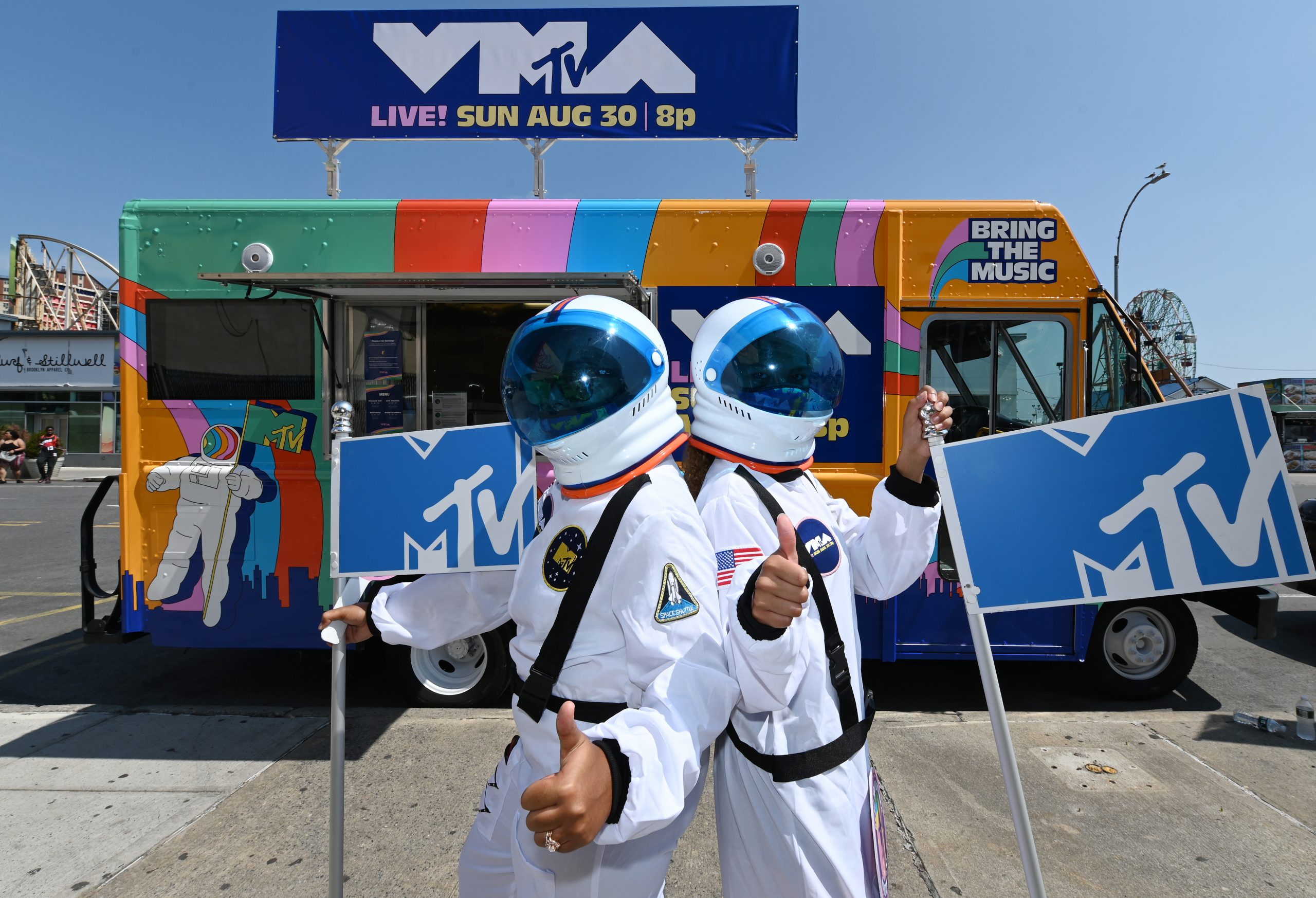
While some of the tried-and-true traditional methods of promoting and marketing in-person events work for virtual events, others do not. For example, handing out promo leaflets on the street might earn you sideways glances during the time of COVID-19. Folks aren’t commuting to work in their cars like they used to, so radio advertising seems pointless and ineffectual. And relying on word of mouth is a lot trickier when everyone is wearing a mask.
Because of this, agencies and brands are reallocating their event marketing budgets and coming up with new ways to promote and market virtual events, including focusing more on social media to spread the news. We asked some industry pros to share insight into how they’re marketing their virtual events and what their strategies are right now.
In order to reach their audience, brands and companies have been relying heavily on mailers that are sent to at-home attendees, fans, media, and influencers to generate buzz, excitement, and hopefully some social media posts for an upcoming event.
For this year’s MTV Video Music Awards, which aired August 30 as a mix of pre-recorded and live content, ViacomCBS enlisted at-home fans and influencers to promote the annual awards show. The company sent out 100-plus kits to fans who were selected via giveaway promotions on social media, iHeartRadio partnerships, and a Coors Light promotion. A couple hundred V.I.P. kits, which included branded bomber jackets, were also delivered to MTV talent and targeted press outlets, with the hope that they would share them on Instagram Stories in the week leading up to the show. Those V.I.P. unboxing posts reached a combined audience of 33.2 million followers.
“Our brand marketing team tapped into the emotions of a VMA superfan and created a package that spoke to all the feelings a music lover goes through watching the show—from a Bluetooth speaker with LED lights to set the mood in your living room while listening to the official VMA playlist to a Moonperson stress ball as a coping mechanism while you wait to see if your fave artist wins the category,” explains Risa Matthews, senior director of brand marketing & events at ViacomCBS Entertainment & Youth Group.
“Given the circumstances of the pandemic, these kits were designed as a fun form of escapism, providing levity and excitement for the show from each individual’s home,” she adds.
In addition to reaching out to fans, talent, and media, MTV also tapped social media influencers. To help drive social chatter on the day of the show, Matthews says, the network sent 13 influencers including Jordyn Woods and Bretman Rock special show-day kits that included a custom fabricated Moonperson helmet, a limited-edition VMA Funko figure, and a bomber jacket. Matthews explains that the props like the custom helmet provided “a fun and organic way for [the influencers] to integrate the VMAs into their posts.”
Although in-person outreach might seem off limits right now, it doesn’t have to be. “In a ‘normal’ year, when the [VMA] show is broadcasting from New York City, we’re able to reach fans in the typically crowded streets of Times Square outside our headquarters, for example. This year, we expanded our street team presence to reach fans where they were this summer: in city parks and area beaches,” Matthews says.
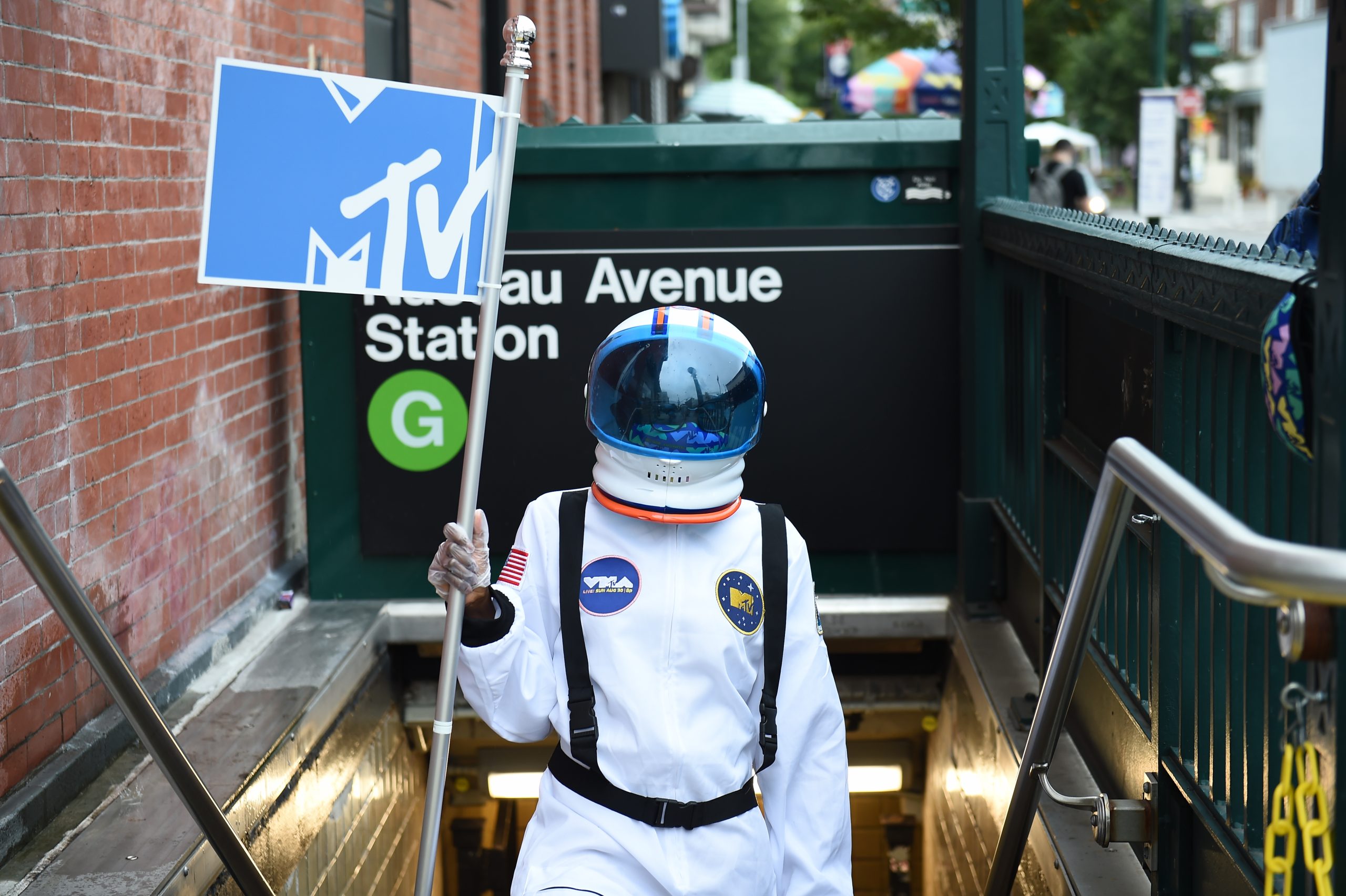
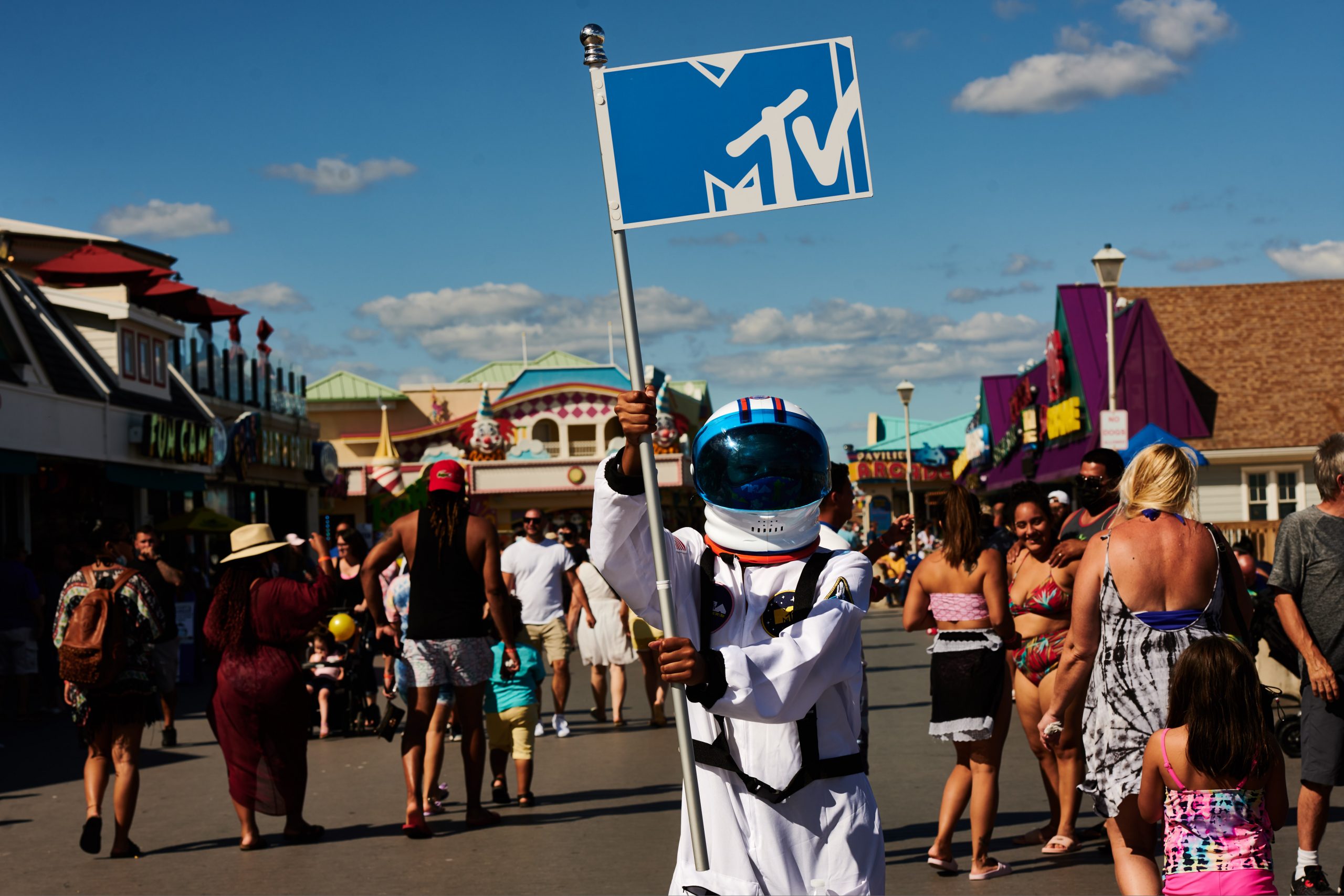
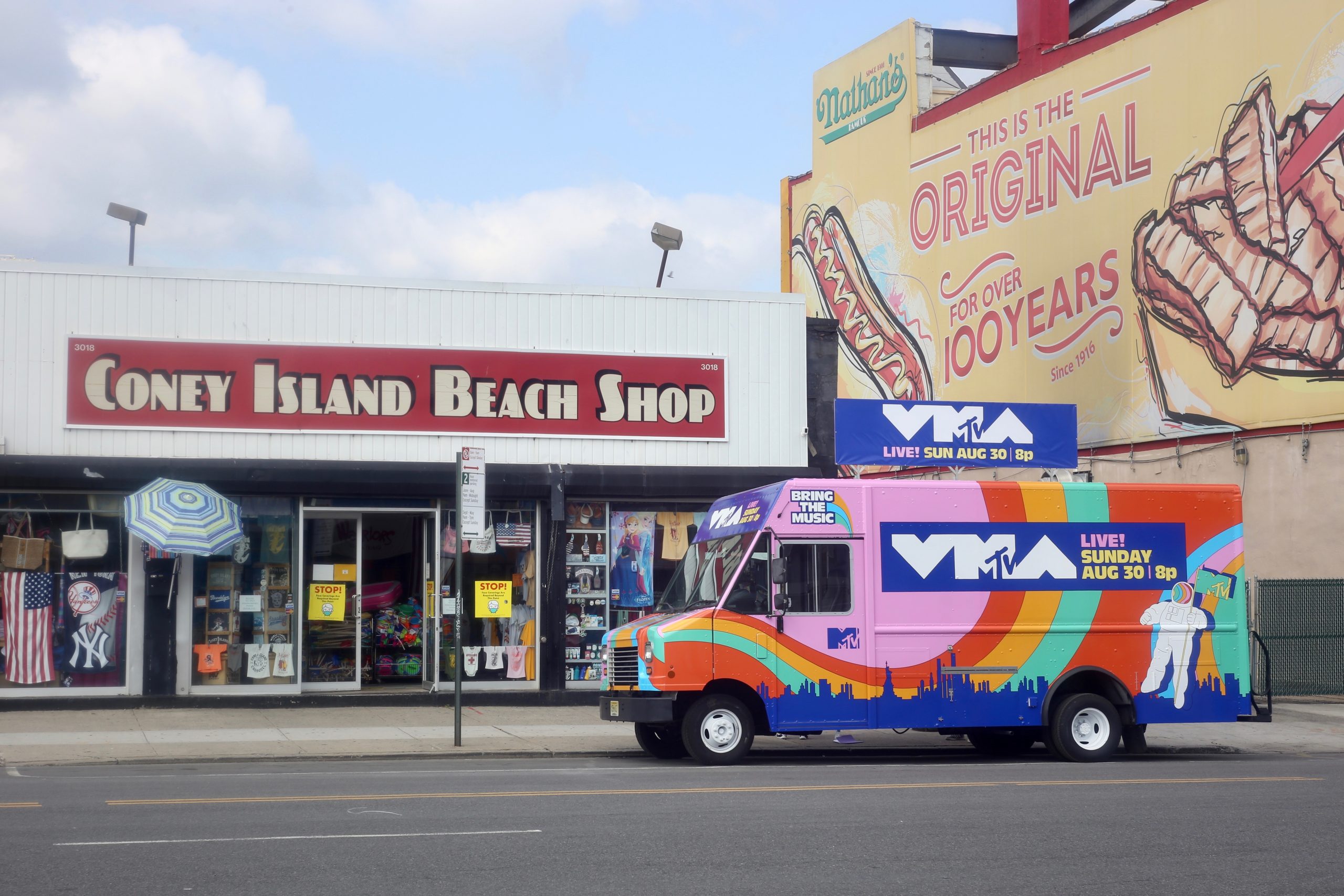
During VMA weekend, over the course of three days, MTV deployed branded trucks, push carts, and street teams to 15 locations across New York City and the Jersey Shore, distributing 60,000 branded face masks and popsicles to consumers and healthcare workers.
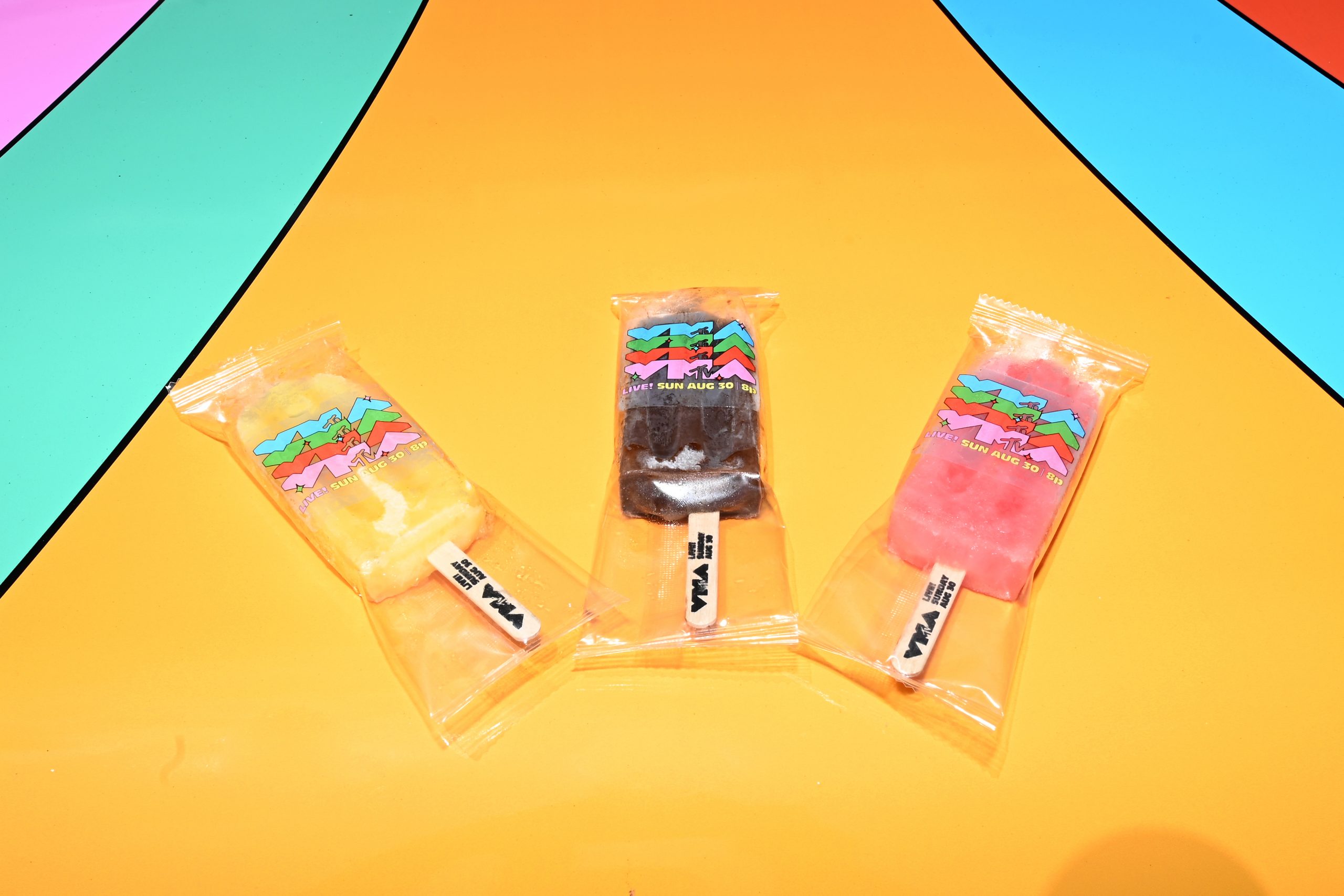
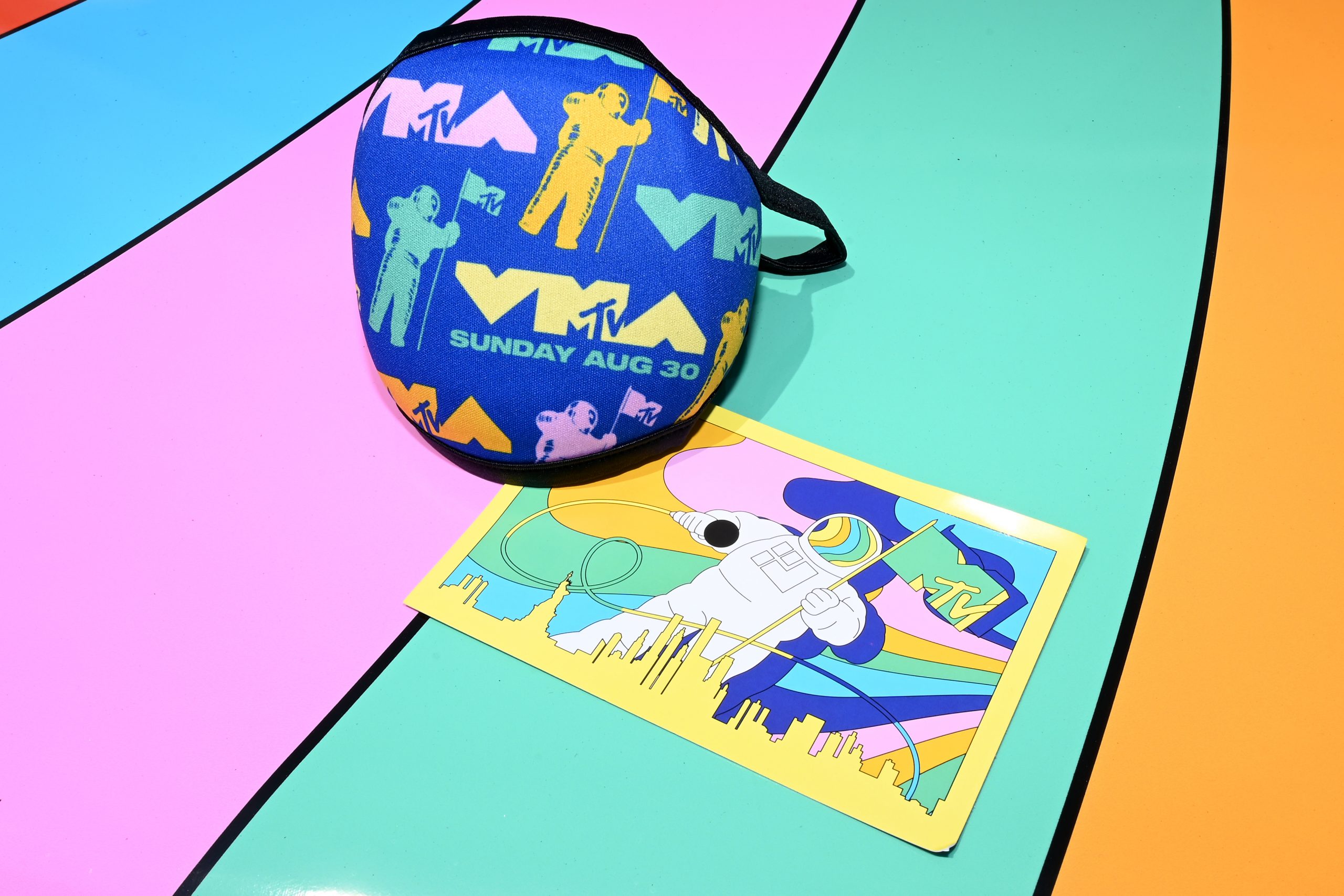
For the street promotion, MTV’s agency partner, The MAG Experience, established a strict safety protocol that was in line with CDC guidelines, including the use of proper PPE and social distancing.
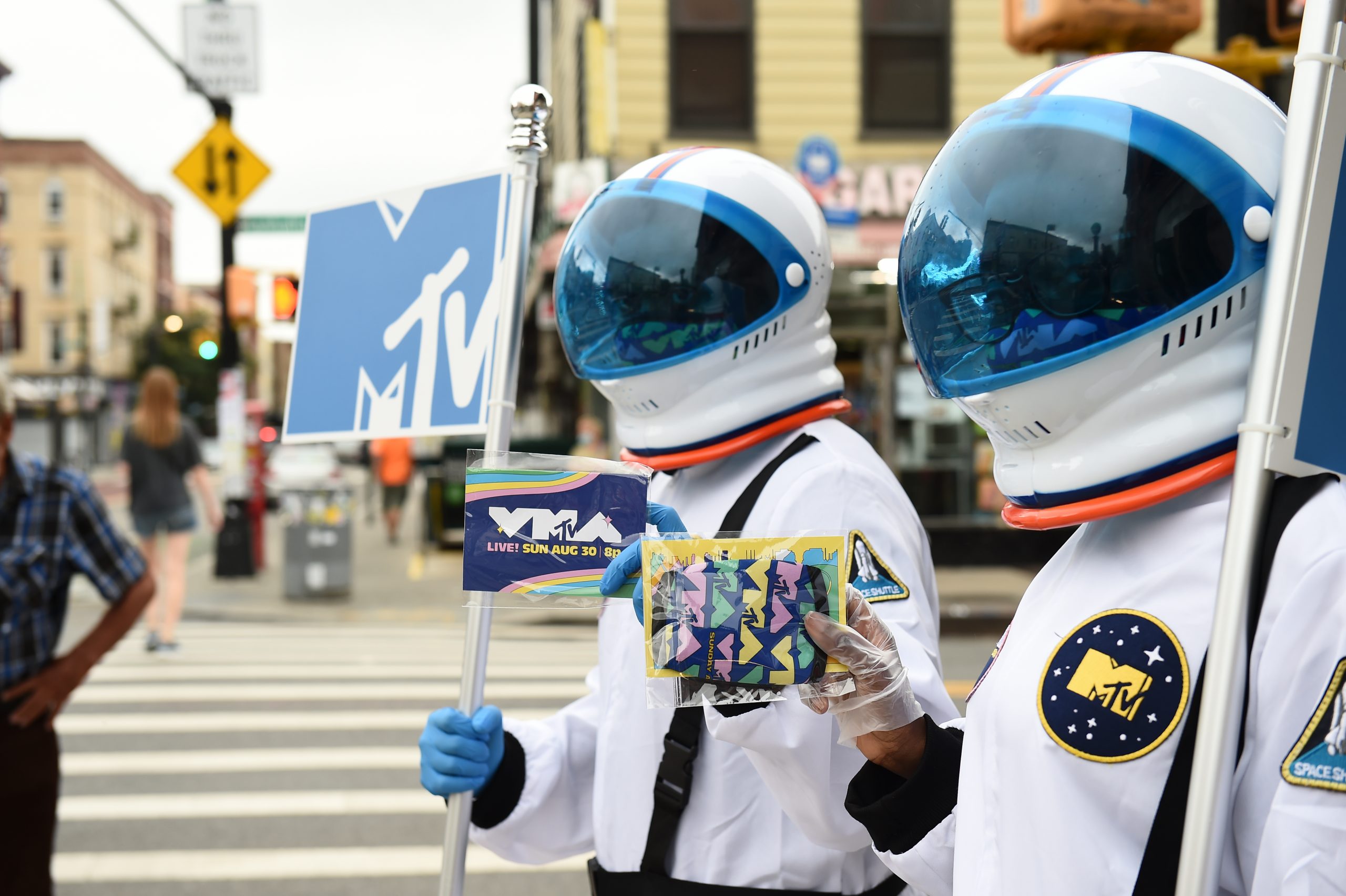
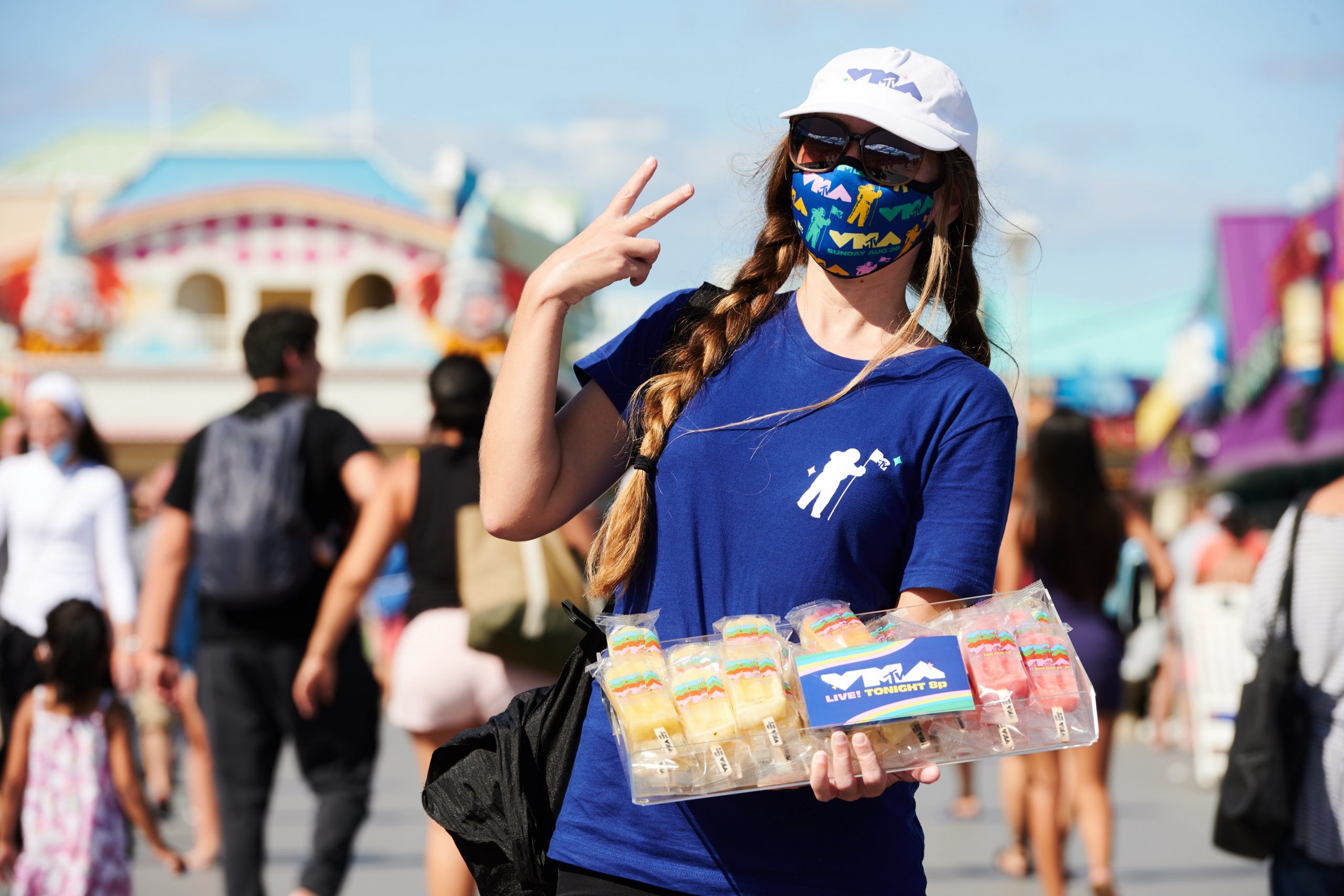
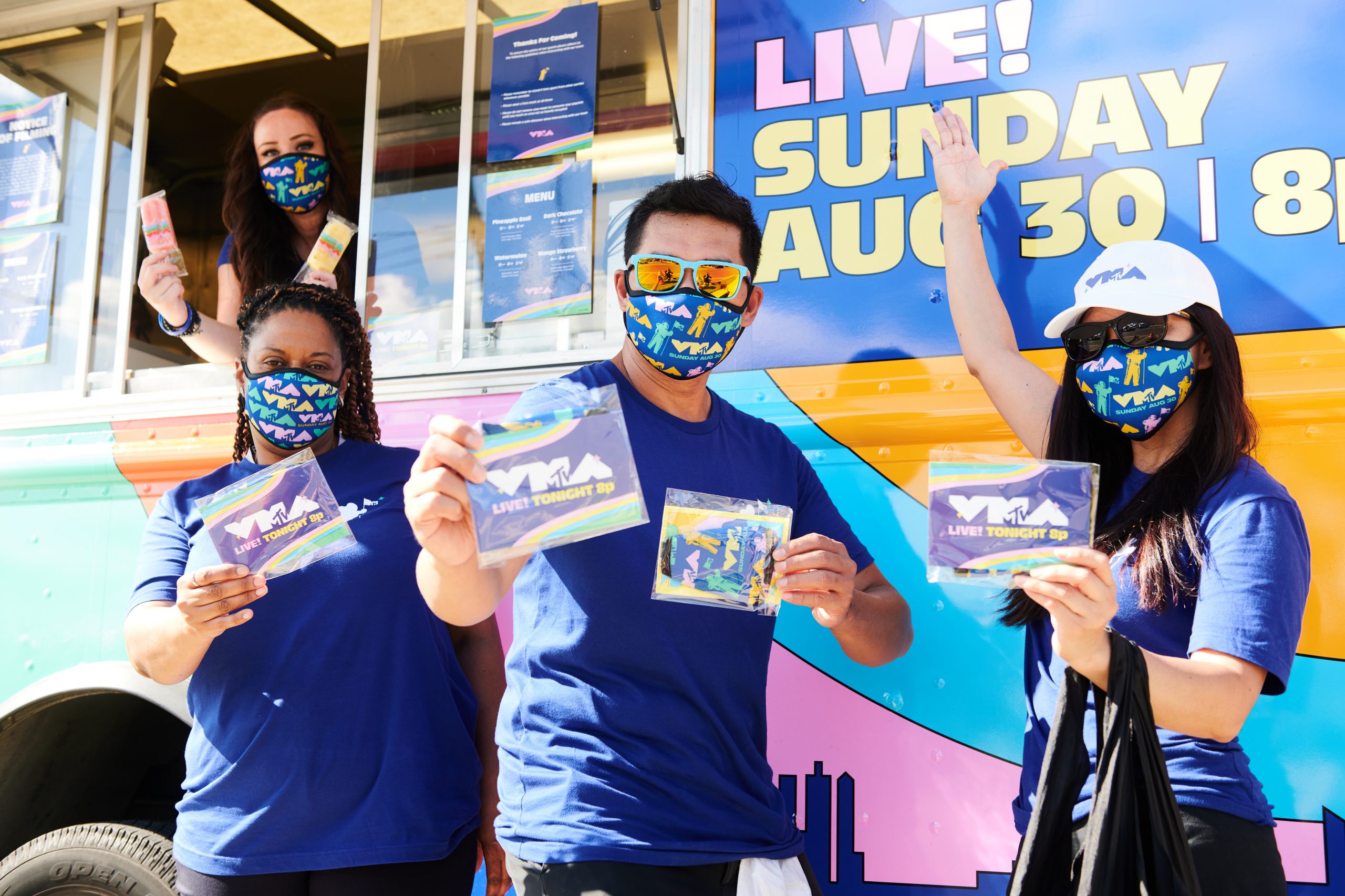
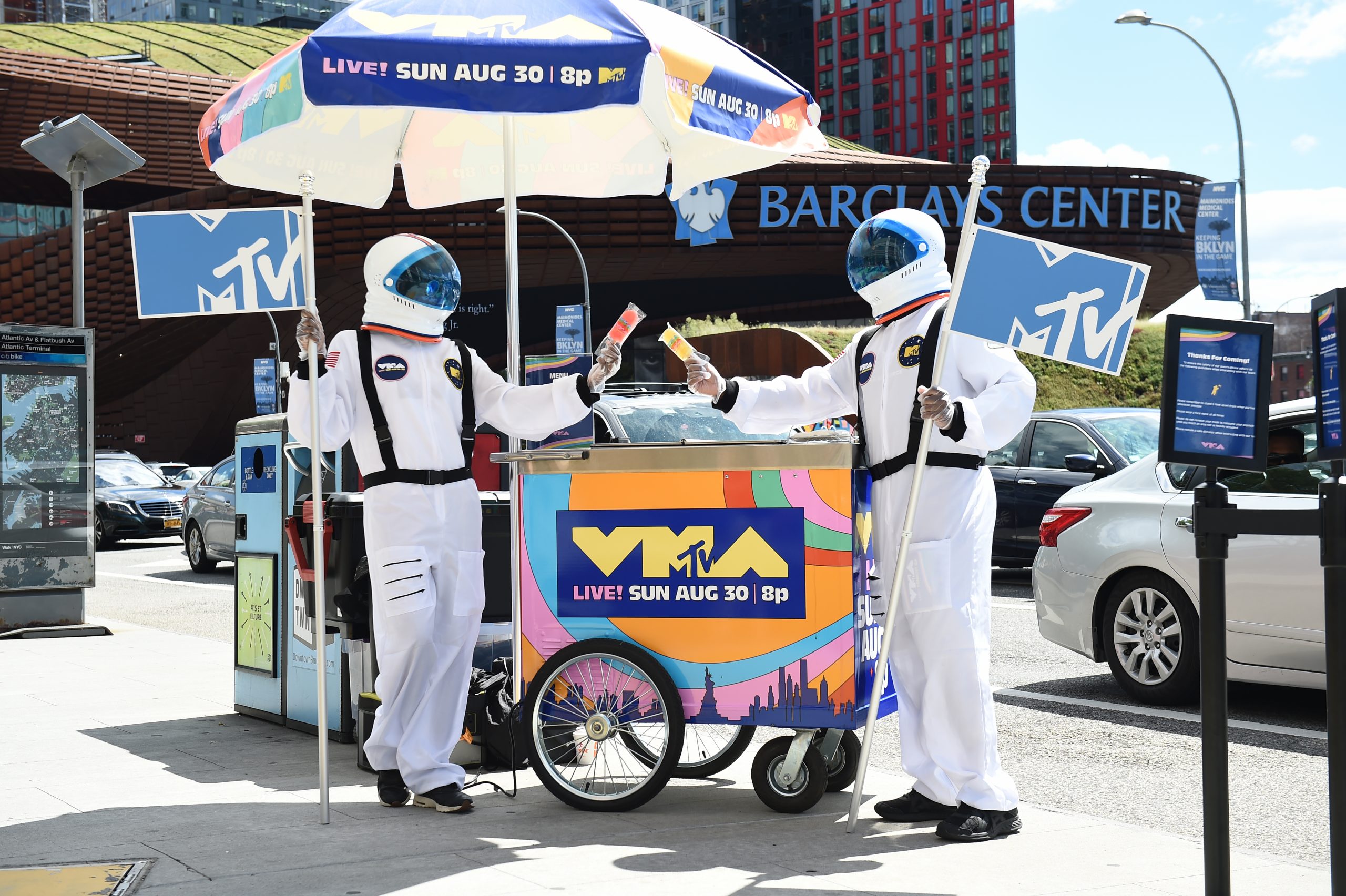
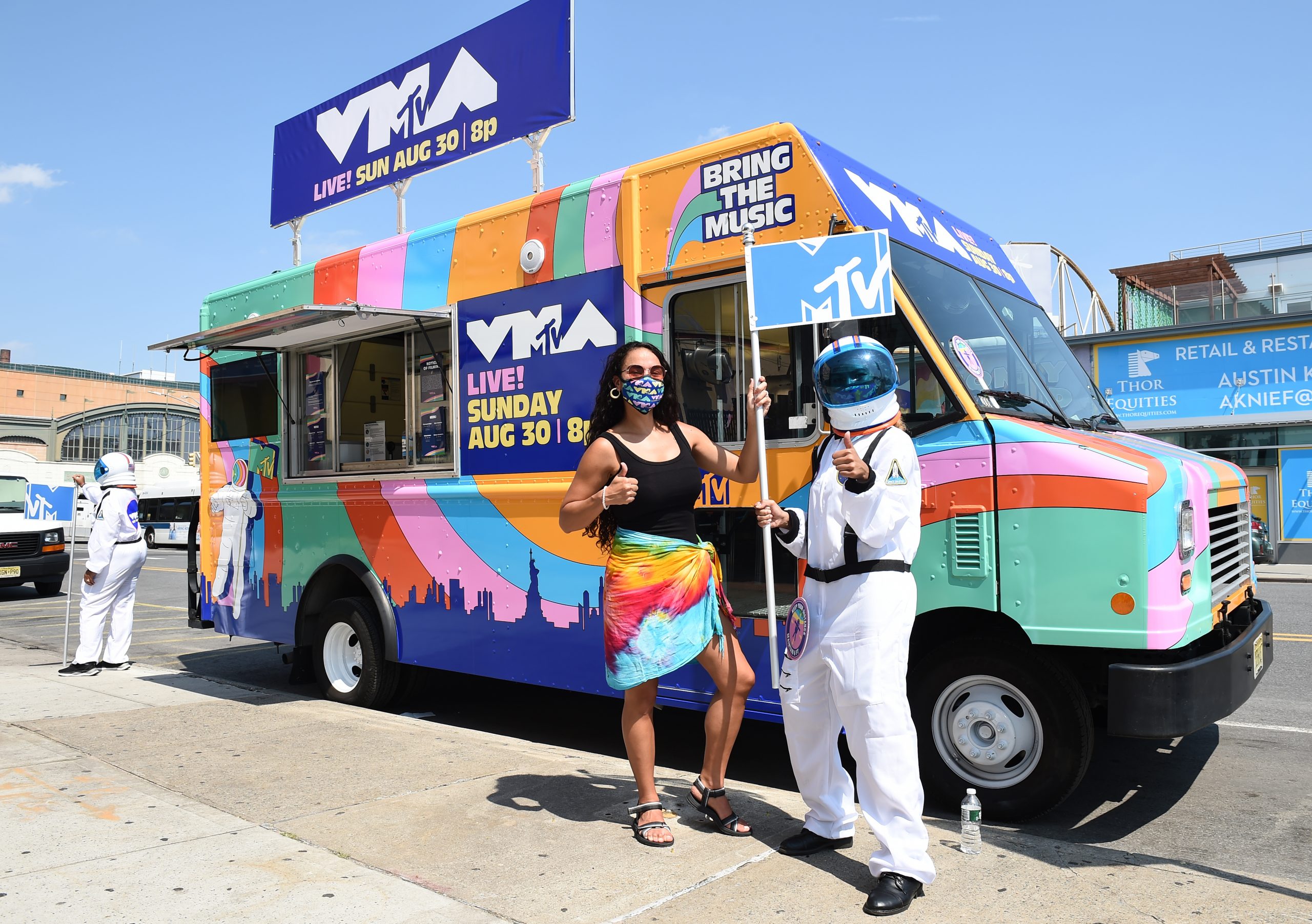
Whether you’re using LinkedIn, Instagram, Facebook, or Twitter, you should think of how you can use these social media platforms as strategic marketing tools.
For example, to promote its new digital series called SummerStage Anywhere, New York’s City Parks Foundation interacted and chatted with the Instagram followers of the program’s performing artists, in addition to asking the artists to promote the event on their own accounts.
If you plan to ask event participants such as speakers or sponsors to help spread the word about the event, be sure to prepare graphics for them to use on social media, along with sample copy and links, so it’s easy for them to upload to their personal accounts. You can also enlist already registered attendees by designing GIFs and Instagram Story templates that they can download and share on their accounts, possibly inspiring their friends and followers to sign up as well.
As we’ve discussed before on The Vendry, because of the added tech aspects, virtual events may require more attendee hand holding than in-person events. This is why a dedicated landing page for your event is critical. It should include information such as the event dates, agenda, price, tech specs (like, is a webcam necessary?), and more. By creating a well-designed, designated landing microsite (instead of a page buried within the main company website), it will signal to potential attendees that the event is worth their time and money.
“If you are a brand, publication, or any organization hosting a virtual event, having a dedicated website and event branding will create a greater perceived value for your event rather than seeming like an afterthought on your existing website,” explains Ryan Coan, C.E.O. of Creative Riff, the experiential agency that recently created FX Networks’ virtual activation for Comic-Con@Home.
This web presence also allows companies to cut through the digital noise and stand out among the endless invites to Zoom webinars. “Not all but some companies do not make a large enough investment in the storytelling piece of event promotion. We need to tell a compelling story about what consumers are being invited to attend, considering all the options they have online,” Coan says. “It's even more important if you want them to pay to attend. Banner ads and email blasts help for sure, but virtual events should be approached like film. Use content to tease and excite the audience, to show them how this event is special and preview the impactful experience you are selling.”
If you’ve pre-recorded content for your virtual event, consider releasing a teaser video, which can be shared via email, social, and the event website, to entice folks to register. Just like promoting a TV show or movie, you’ll want to lure in potential attendees with the promise of more to come. Plus, it’s something you wouldn’t be able to do if you were hosting a totally live event.
Coan also says that a virtual event can serve as its own kind of marketing. “We can also use digital events to convert digital attendees to physical attendees for future events, i.e. someone attended virtual Comic-Con and loved it and decided they now want to invest and travel to the real thing, but never would have thought twice about it if they didn’t sample the experience, community, etereca online.” This is why it’s important to devote as much effort into hosting a virtual event as you would an IRL event.
Since virtual events can be a tougher sell than in-person events, an innovative event marketing strategy is the key to generating attendee turnout and making it feel even better than the “real” thing.